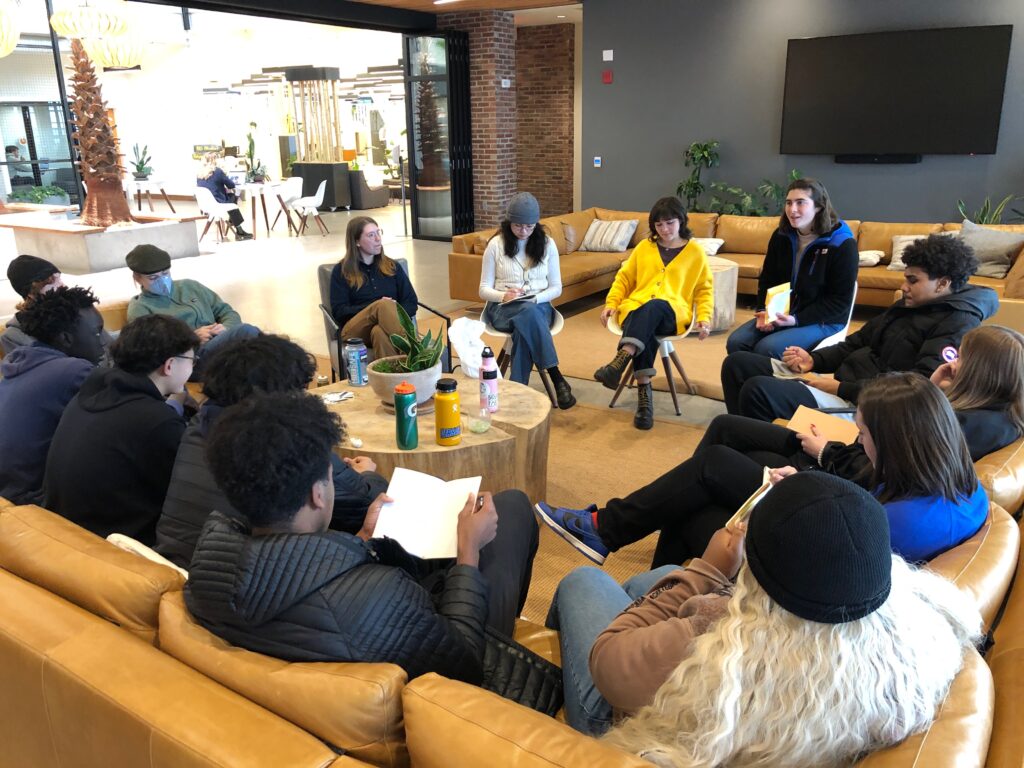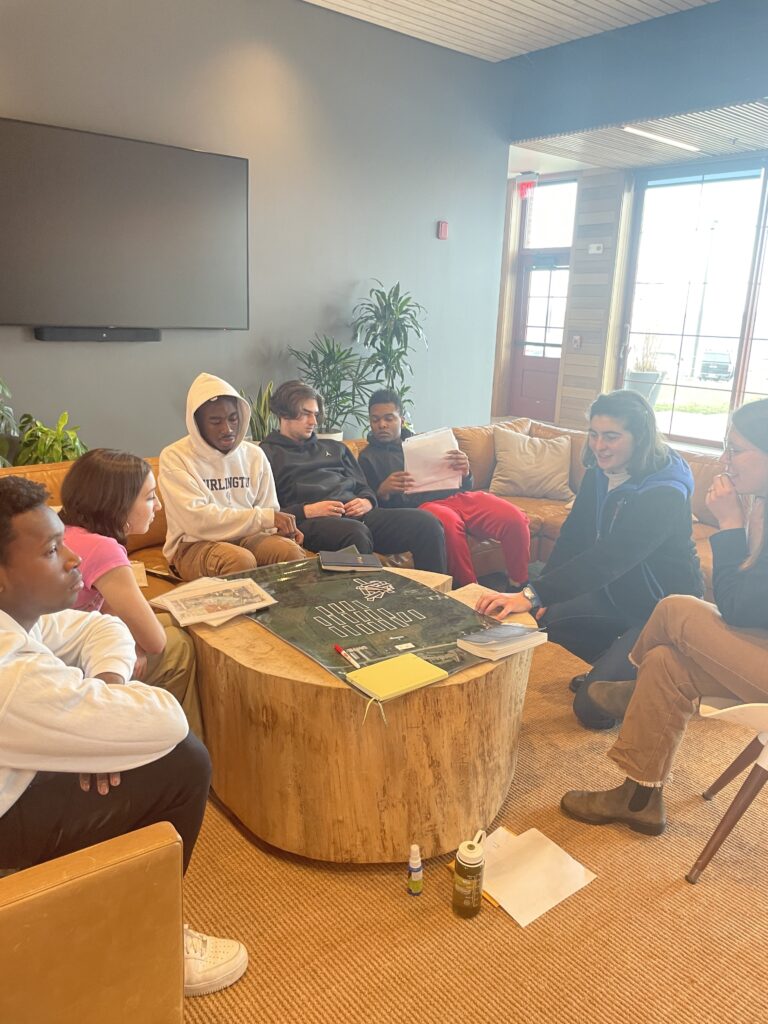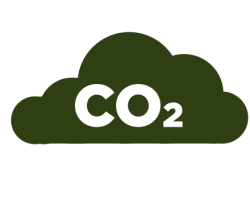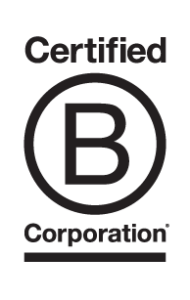In February, the students from Burlington City & Lake (BCL) Semester program at Burlington High School had a residency at Hula Lakeside to meet with businesses focused on climate justice. Kelsey Applegate and Taegen Kopfler, alongside Abi Gruvman from 350.org, sat down with the students and their teachers to talk about their work and hear the student’s perspectives on climate justice.
The students split into two groups – Kelsey and Taegen met with half the students at a time to share their experiences working in solar development and guide the students through a solar design activity, while Abi and a faculty member from BCL, comprised of Dov Stucker, Signe Daly and Annika Brinkley, met with the other half of students to discuss the work of 350Vermont and climate justice more broadly. The conversations were fluid and informative, touching on the workforce requirements for the renewable energy transition, the current limitations of technology in solar design and the permitting process in Vermont.
The students had some great questions, and one question in particular stood out. One of the students asked, “So if we have all the technology for renewable energy, why are we not using 100% renewable energy?” The good news is that renewable energy like solar and wind and other grid related technologies like energy storage are commercially ready to meet our energy demands and power the clean energy economy. While technology viability is a critical piece, there are still financial, regulatory and siting challenges slowing the deployment of clean energy. Our team was grateful for the opportunity to connect and to listen to the ideas of the BCL students’ on solutions to how to tackle these challenges and appreciate their perspective as we continue to work towards a just energy transition.









 The team at Encore Renewable Energy® is proud to be certified as a B Corp, joining over 3,500 other businesses worldwide who also share a commitment to social and environmental performance, accountability and transparency.
The team at Encore Renewable Energy® is proud to be certified as a B Corp, joining over 3,500 other businesses worldwide who also share a commitment to social and environmental performance, accountability and transparency.